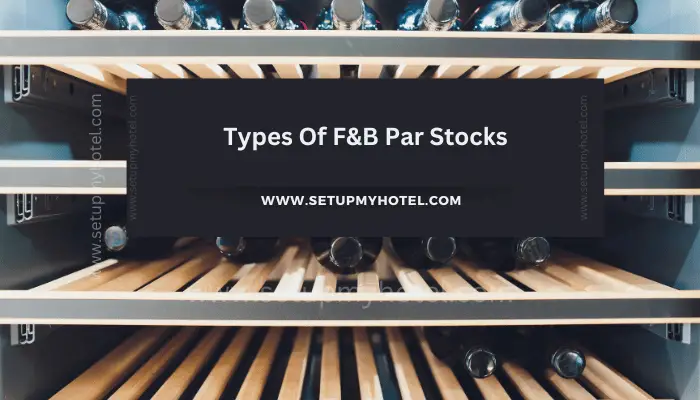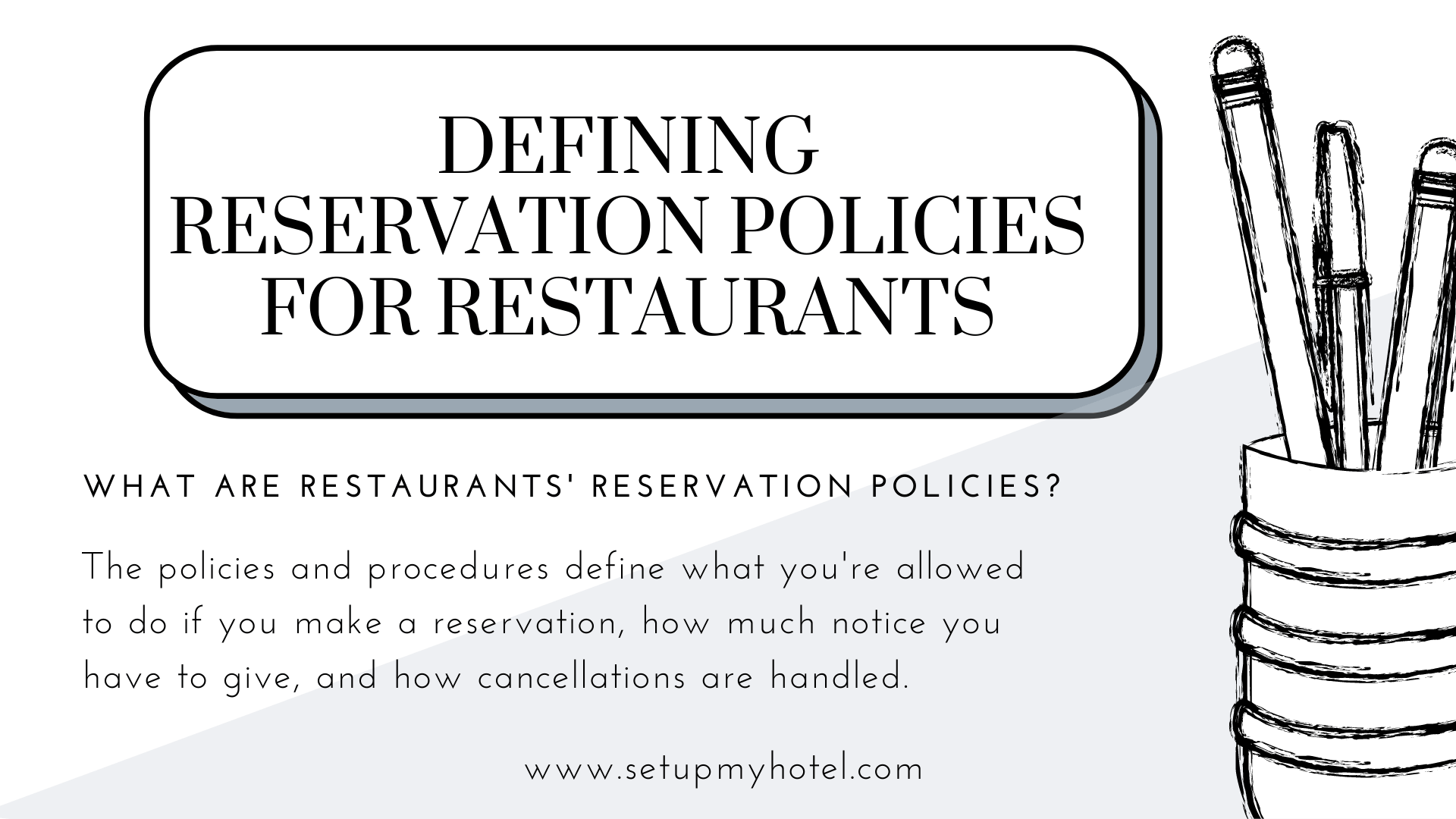HR – Sexual Harassment Policy Sample For Hotel Staff

Sexual Harassment Policy Sample For Hotel Staff As a hotel, we prioritize the safety and comfort of our guests and ...
Read more
Service Standard – Restaurant Server Or Maître d’ Audit Checklist
Restaurant Server or Maître d’ Audit Control Checklist
Read more
4 Types Of F&B Par Stocks

What are the types of Food & Beverage Par Stocks The food and beverage industry, “par stock” refers to the ...
Read more
Defining Reservation Policies In Restaurants | Coffee Shops (F&B) – Hotels | Resorts

Defining Reservation Policies in Restaurants | Coffee Shops Introduction: What are hotel restaurants’ reservation policies? Many hotels have a “reservation ...
Read more
Beverage Consumption Report – F&B | Hotels | Restaurants
Beverage Consumption Report Used in Food and Beverage Operations Beverage Consumption Report for Restaurants and Hotels is a report published ...
Read more
Banquet Function Covering Letter | Booking Agreement | Deposit Policy Template

Banquet Function Covering Letter | Booking Agreement | Deposit Policy Template Banquet Booking Covering Letter Dear Mr/ Mrs [Guest Name] ...
Read more
SOP Finance and Accounting – Check Controls Procedure

Check Controls Procedure Purpose of POS Check Controls: The finance and accounting department is a crucial part of any hotel ...
Read more









